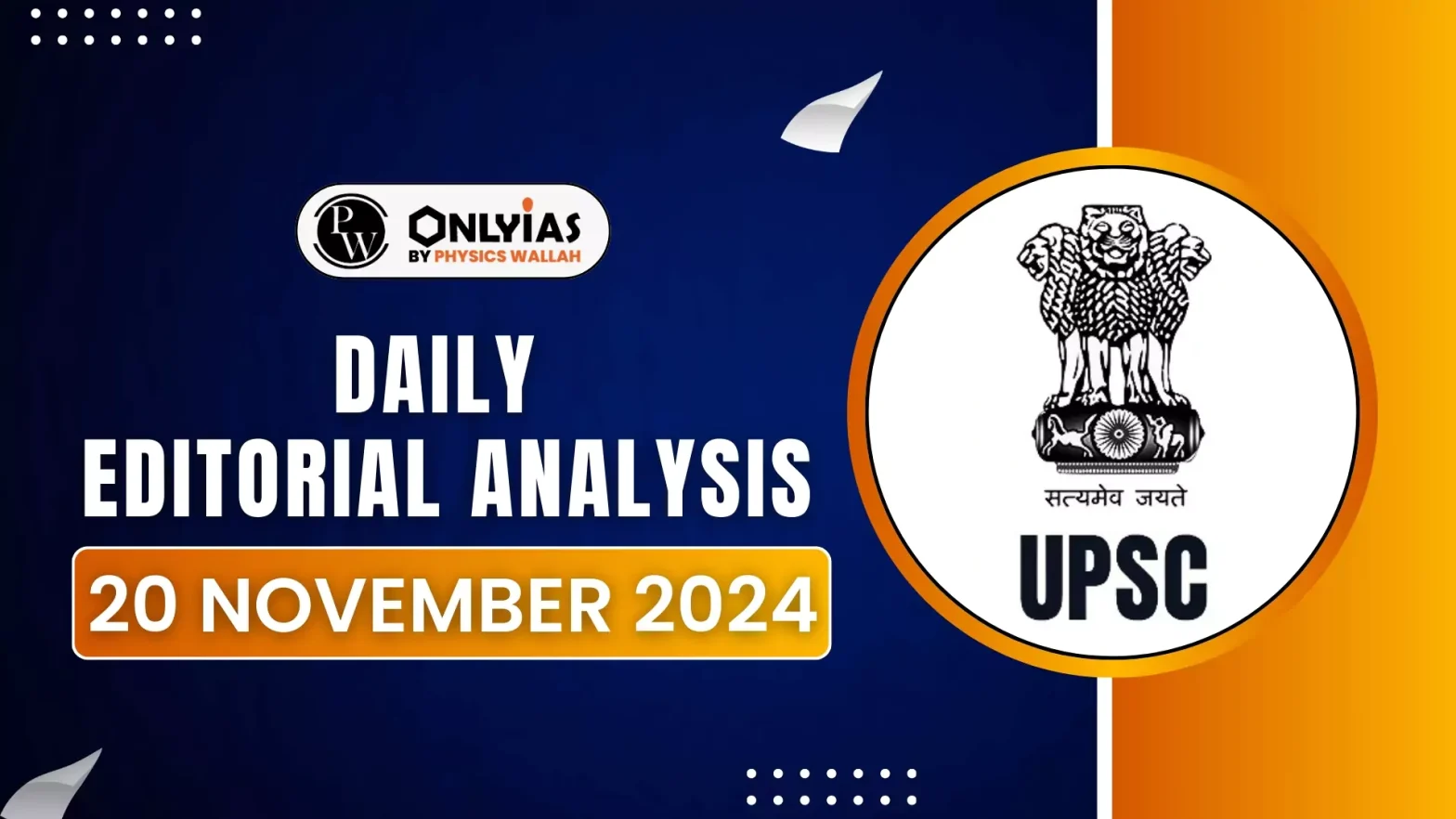Russia’s shift in nuclear doctrine, broadening the conditions for nuclear weapon use, has raised concerns globally. While the West remains relatively unalarmed, experts warn it could escalate tensions and spur a new arms race.
Shift in Russia’s Nuclear Policy
- On the 1,000th day of the Ukraine war, Russia announced a new nuclear doctrine, expanding its justification for nuclear use.
- This doctrine not only allows for nuclear retaliation in response to threats to Russia’s sovereignty but also permits nuclear strikes against non-nuclear states backed by nuclear powers.
- The new doctrine emerges as Ukraine, backed by the U.S. and NATO, targets Russian military assets using long-range weapons, heightening tensions.
Enroll now for UPSC Online Classes
Erosion of Anti-Nuclear Frameworks
- Dismissal of Threats: The U.S. administration downplayed the significance of Russia’s nuclear doctrine, emphasising that it does not change the nuclear deterrence balance between Russia and NATO.
- Washington sees the threat as rhetoric rather than a real shift in policy.
- Normalisation of Nuclear Threats: Russia’s shift in nuclear policy has, in a sense, desensitised Washington and the world to the use of nuclear weapons.
- The notion that one of the nine countries possessing nuclear weapons, with Iran potentially becoming the tenth, might use them has become more of a reality that garners little reaction.
- Nuclear Arms Expansion: Discussions in the U.S. about expanding its nuclear arsenal in response to Russia-China cooperation signal a return to prioritising nuclear capabilities as part of national security.
- Ukrainian Regret: The Soviet Union’s collapse sparked optimism for nuclear disarmament, with Ukraine giving up its nuclear warheads in exchange for security assurances from Russia, the U.S., and others.
- However, many Ukrainians now regret this decision, especially following Russia’s aggression.
- Deterioration of Arms Control Treaties: Russia’s nuclear posture complicates existing arms control frameworks, particularly with the impending expiration of the “New START” treaty, which limits the deployment of strategic nuclear weapons.
- Without renewal or replacement, arms control measures could weaken.
- Nuclear Posturing by Other Nations: Other nuclear powers may respond by strengthening their own deterrence policies, potentially sparking an arms race. This could lead to a global environment of heightened nuclear threat perception.
- Shift from Disarmament to Escalation: The post-Cold War era’s focus on disarmament has shifted.
- Under President Obama, there were efforts to reduce nuclear arsenals, but now, with Russia’s growing nuclear assertiveness, the emphasis is returning to bolstering nuclear deterrence.
Due to the above concerns, many have started to view the situation as a potential trigger for a third world war.
Conclusion
Russia’s nuclear policy shift signals a heightened global security threat, increasing the risk of a new arms race. The international community must adapt its strategies for diplomacy, arms control, and conflict resolution to effectively manage these escalating nuclear tensions
![]() 20 Nov 2024
20 Nov 2024
